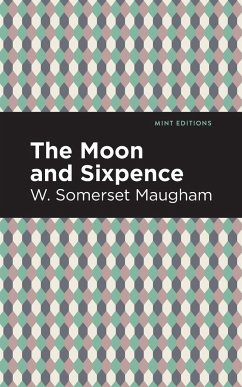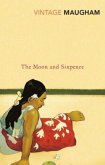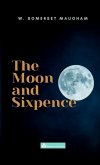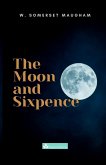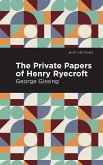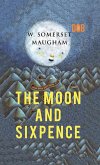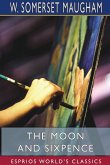The Moon and Sixpence (1919) is a novel by W. Somerset Maugham. Inspired by the life of French painter Paul Gauguin, Maugham set out to capture the disconnect between an artist's desire to create and their obligations to their loved ones and society. Praised for its multifaceted portrayal of tortured genius and wasted talent, The Moon and Sixpence explores the distance between expectation and desire in a man whose decisions, however, hastily made, are done with the loftiest of intentions. Some people live their whole lives without daring to dream, going from moment to moment in a haze of dreary reality, following expectation from birth to grave. Strickland seems to be one of these people-singularly dedicated to his work as a London stockbroker, uninterested in the arts, married as though through obligation alone. One day, he unexpectedly leaves his wife and children to pursue a career as a painter in Paris, completely and irrevocably severing himself from the professional and familial ties he sent his whole life building. Somehow, he proves incredibly adept, but each brilliant work of art is made at the expense of those he leaves behind. The Moon and Sixpence is a tale of creativity, disappointment, and struggle by a master stylist with a keen sense of the complications inherent to human nature. This edition of W. Somerset Maugham's The Moon and Sixpence is a classic work of British literature reimagined for modern readers. Since our inception in 2020, Mint Editions has kept sustainability and innovation at the forefront of our mission. Each and every Mint Edition title gets a fresh, professionally typeset manuscript and a dazzling new cover, all while maintaining the integrity of the original book. With thousands of titles in our collection, we aim to spotlight diverse public domain works to help them find modern audiences. Mint Editions celebrates a breadth of literary works, curated from both canonical and overlooked classics from writers around the globe.
Bitte wählen Sie Ihr Anliegen aus.
Rechnungen
Retourenschein anfordern
Bestellstatus
Storno

